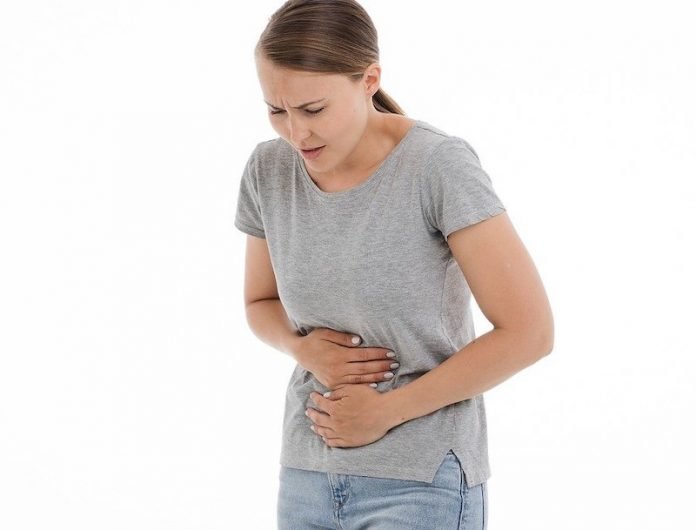
No evidence so far indicates that food or drinks can transmit the virus that causes COVID-19.
But in a new study, researchers found that people with problems in the upper gastrointestinal (GI) tract may be vulnerable to infection after swallowing the virus.
They examined tissue from patients with a common disorder called Barrett’s esophagus.
They found that although cells in a healthy esophagus cannot bind to the SARS-CoV-2 virus, esophageal cells from patients with Barrett’s have receptors for the virus, and those cells can bind to and become infected by the virus that causes COVID-19.
The research was conducted by a team at Washington University School of Medicine in St. Louis.
Part of the reason it’s been considered safe to eat and drink most foods during the pandemic is that they are unlikely to carry viral particles.
And even if some viral particles are attached to food, stomach acid neutralizes the SARS-CoV-2 virus.
But according to the team, when stomach acid backs up, people develop a disorder called gastric reflux that can cause long-term damage to the esophagus.
In those with reflux disease, which affects about one in five people in the U.S., acid from the stomach backs up into the esophagus, causing heartburn and damaging the lining of the esophagus.
Over time, in some people with reflux, cells in the esophagus change and begin to resemble intestinal cells.
Intestinal cells have receptors that can bind to the novel coronavirus, so Mills and his colleagues reasoned that in Barrett’s patients, the cells that line the esophagus also would develop receptors that can bind to the virus and become infected.
In addition, standard medical management for patients with Barrett’s esophagus is to suppress gastric acid secretions with drugs such as proton pump inhibitors.
By reducing stomach acidity, those drugs may inadvertently make it possible for the virus to pass through the stomach and into the intestine, where even the normal, healthy cells carry receptors for SARS-CoV-2.
Many patients with COVID-19 — most of whom contract it by breathing in the viral particles — develop GI symptoms such as abdominal pain and diarrhea.
The virus also has been found in the stool of COVID-19 patients.
In the study, the team analyzed tissue from 30 patients with Barrett’s esophagus and found that cells in the tissue samples all had receptors for the SARS-CoV-2 virus, which normal esophagus cells lack.
This means that under the right circumstances, the virus could have an impact on the upper part of the GI tract.
As a result, they believe esophageal cells in Barrett’s patients are potential gateways for infection.
The worry would be that, particularly for Barrett’s patients, there even maybe a susceptibility to infection from foods containing viral particles.
The researchers suggest that doctors need to take a closer look to investigate whether a substantial portion of the population may be susceptible to infection through what they swallow.
One author of the study is Jason C. Mills, MD, Ph.D.
The study is published in the journal Gastroenterology.
Copyright © 2021 Knowridge Science Report. All rights reserved.



